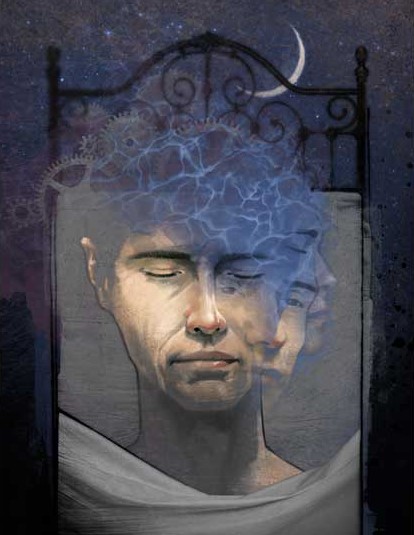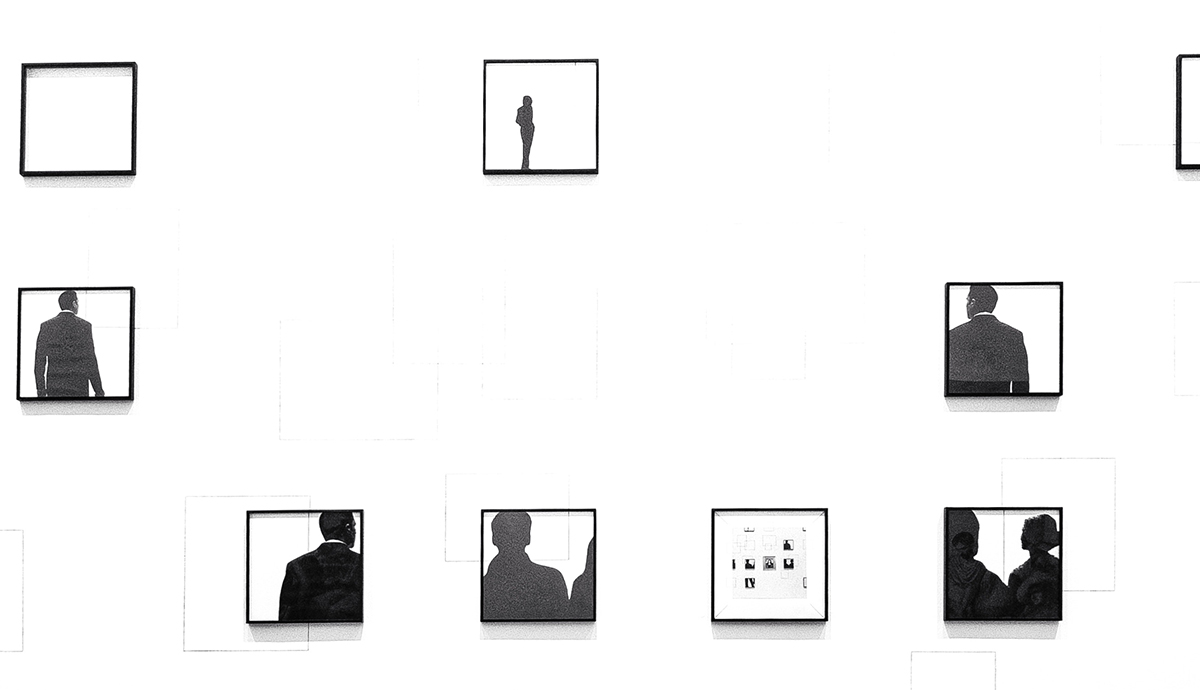Fences and Fax Machines

Mike Pazin and I have been friends for a long time—longer than memory allows. Our parents told us how we met in kindergarten, reminded us every time we fought like brothers, told us how close we could become, how fortunate our proximity. Our parents shared a back fence, a small one in the corner of their yards. Mike and I jumped that fence so often that his father tore it out and built a gate, a more direct line of travel between friends. Shared yard, shared home, shared history. Mike once said we’ve forgotten more stories than most friends have known. 
I turned to Mike when I turned to nonfiction. I thought through a catalogue of essayistic experience—the broken jaw of a high school ballplayer, taillights disappearing into the brackish waters beneath a dam, a body alone and cold in a warehouse. Which to tell? How to tell it? It can be difficult to tease apart a history, to decide which stories will mean something to someone else, to know which of a friend’s personae make for a focal character worthy of attention. To paraphrase the brave and benevolent leader of my undergrad nonfiction workshop, you get no credit for living. It’s all in the presentation.
I began “Indigent Disposition” with Mike, his personal presentation of the events surrounding the death of Jonathan Welker. I contacted the county for their presentation, what happened to Jon’s body—some general information on a website including the word indigent and a fax number. A fax number. I couldn't be further from a form of communication. I found my narrative mode in this removal and that distance became my presentation for this piece—a merger of two disparate perspectives spliced with my own disposition, my memories of Mike and Jon, and my position as an observer and a participant and a student of their experiences, our experience.
Mike has never owned a fax machine. The gate between our parents’ yards is a fence again. In some ways, “Indigent Disposition” was me fulfilling a need for direct communication, for a reminder of something shared, for immediacy and closeness amid systemic and certain withdrawal. Writing about Mike is writing about me, is writing about the places we call home, about so many of us. I never want to be the focus of my own stories, but the one only just mentioned, unnamed, the one who speaks and, in sharing the words, builds a gate between friends.
Recommended
Nor’easter
Post-Op Appointment With My Father
Cedar Valley Youth Poet Laureate | Fall 2024 Workshop





